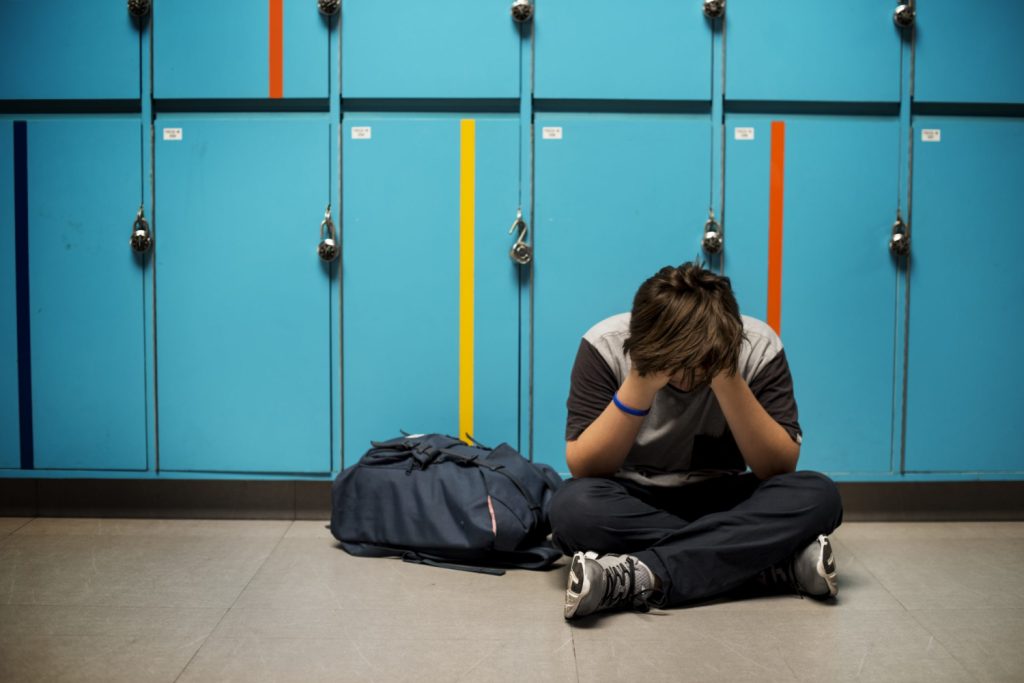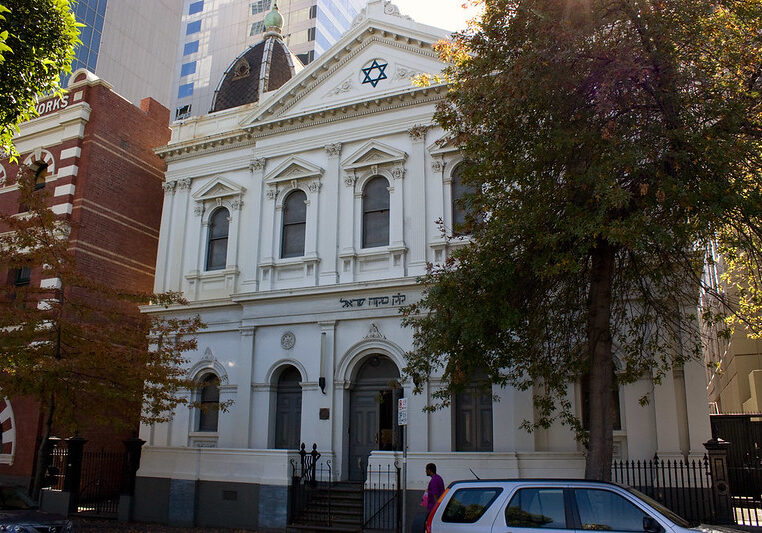Australia/Israel Review
The Last Word: School Days
Aug 29, 2023 | Jeremy Jones

There has been a great deal of recent media coverage of antisemitism in state schools.
This is after decades of the promotion of multiculturalism and programmes by the Jewish community and others to try to end racist bullying.
On my first day of high school, I knew exactly one person in my school, and he took me to meet his friends. After they each gave their names and I gave mine, one of them said “I have a better name for you than Jones, you will be Jewns.”
It took me a few seconds to realise that what he had done was to highlight, and mock, the fact that I was Jewish.
The other boys laughed, making it clear that they found this bullying, which was ongoing, amusing.
At football training, the widely respected captain of one of the teams said that he had to get the Jewish kids to move more quickly. He then took coins out of his pocket, threw them down, and said “Let’s see how fast the Jews really can run.”
I picked up the coins, returned them to the captain, and let him know that I had got the message – not everybody was viewed equally in this team.
Throughout my school years I heard that Jews were miserly, dishonest in business dealings and always suspect when they did anything which appeared altruistic.
I was once sitting with a group of high school friends when one of them started making nasty comments about “the Jews”. When I objected, I was told that he wasn’t talking about me, but about a group of students in our year who were predominantly, if not entirely, children of European migrants, including Holocaust survivors, whereas I was a fifth-generation Australian.
Trying to help even my friends understand what was wrong with their antisemitism was difficult enough, but behaviour by teachers was on another level.
As I reached the upper years of high school, Jewish students younger than me would come and tell me when they had been bullied by antisemites, and I became a quiet support to help them work with what was essentially a sympathetic and understanding teaching staff.
One student told me that his history teacher made references to Australian banks being controlled by Jews, which we could easily demonstrate was not just wrong, but an antisemitic myth. I know that this resulted in some action against that teacher, although the details were never made public.
More extraordinarily, a number of students came to tell me that one day a teacher had abused one of his students, telling the class that he was sick of their “Jewish arrogance”.
They were doubly alarmed, as the student being bullied by his teacher wasn’t even Jewish. I reported the incident to the headmaster, who had not heard about it from anyone in the class. Once again, it seemed the matter was then settled satisfactorily within the school.
I could say quite a bit more about my own experiences, but I know many not only had it much worse, but did not have the tools required to help them survive, let alone thrive.
There is absolutely no logical reason that a Jewish Australian, and especially a child, should not be able to live their life without vilification, racist stereotyping, discrimination or mockery.
Those who attended Jewish schools didn’t have the issue of being a minority in the playground to deal with, but often found themselves the subject of abuse and insults while wearing their school uniform on their way to and from school.
It is an unpleasant reality that antisemitism has many sources and a multiplicity of manifestations.
One of the problems common to many of the recent stories of episodic antisemitism in certain schools in New South Wales and Victoria has been the failure of teachers and administrators to act promptly and effectively.
It is simply outrageous that so many young people are having such horrible experiences in Australia even today.
Tags: Antisemitism, Australia






